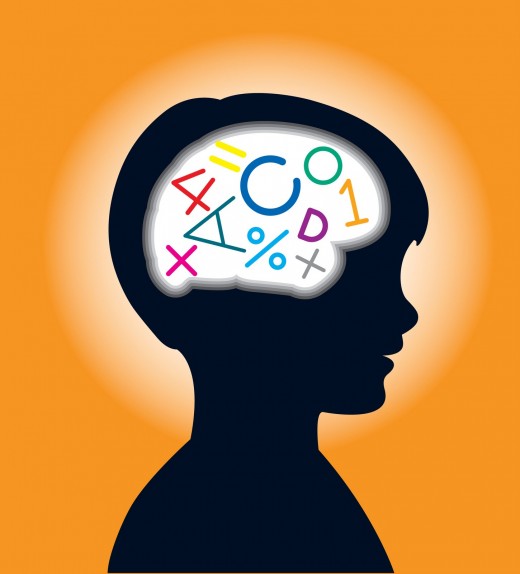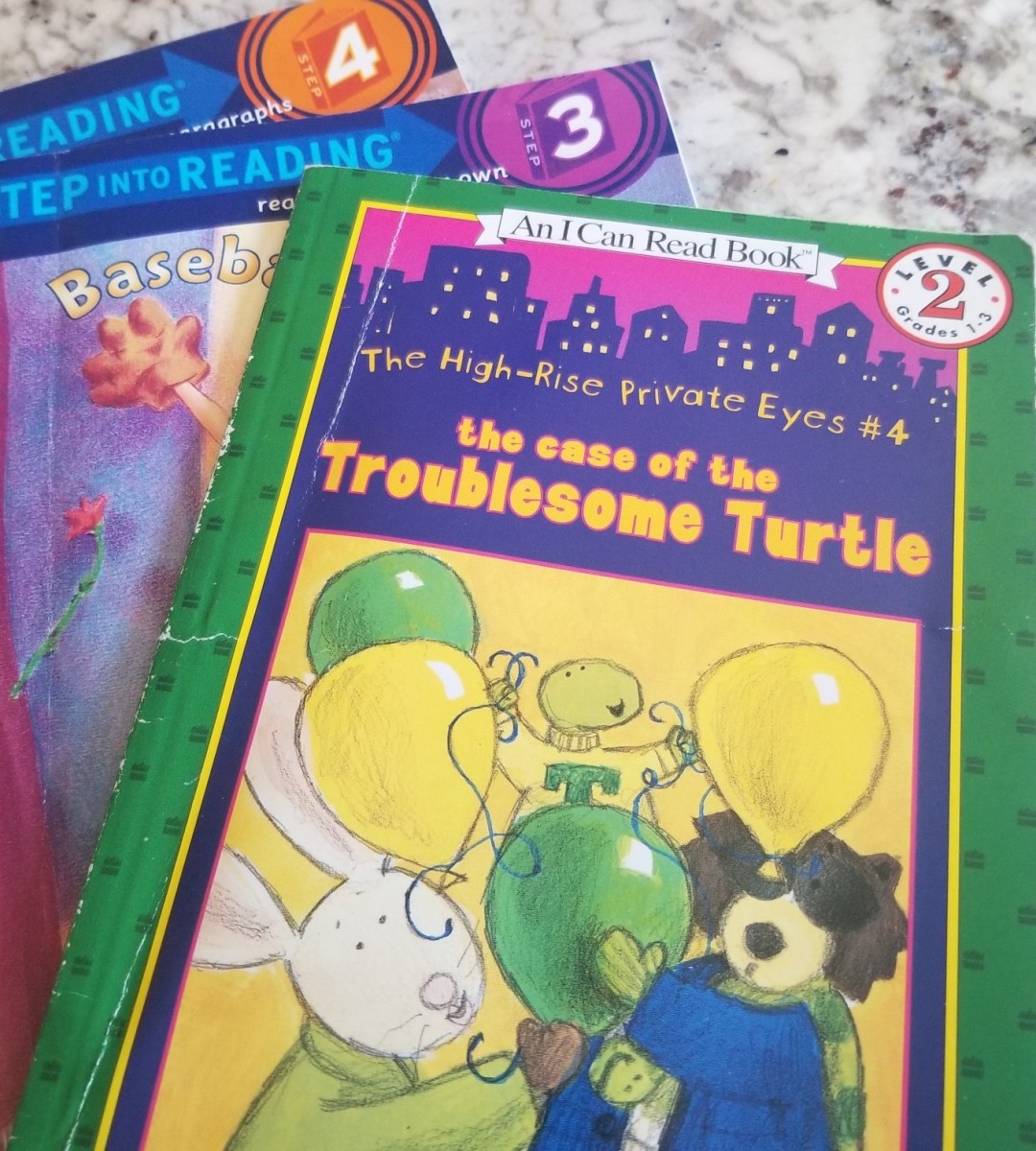Dyslexia: An Overview

What is Dyslexia?
Dyslexia (also known as specific reading disability) is a common learning challenge that plagues many children. It can occur in children with normal vision and intelligence and shows no sign in affecting either. Dyslexia can often go unnoticed for years and may not become diagnosed until adulthood. There is no known cure for this learning disability and is a lifelong condition brought on genetically affecting how one’s brain computes information.
What are the symptoms?
Dyslexia as a condition is defined as “a delay in the age at which a child begins to read.” Usually, children begin learning to read around kindergarten, but most of the time dyslexic children are unable to grasp the basic skills of reading at that age. Here are some of the things to look for when considering if you are (or someone you know) is dyslexic:
For preschoolers it is harder to identify dyslexia , but some symptoms may appear such as:
- Delayed speech
- Having problems rhyming
- Ability to learn new words seems slower than normal or delayed
Once in school the appearance of dyslexia may become more apparent in signs such as:
- Lower reading level than expected for age, appeared intelligence, or grade level
- Difficulty with auditory processing
- Problems understanding rapid instructions
- Apparent difficulty in seeing/hearing similarities or differences in letter and/or words
- Frustration in trying to complete simple homework
- Difficulty recalling succession sequences
- “Seeing” letters or words in reverse (Note: this is common in young children as they are starting to learn to read and write but may be more pronounced in dyslexic children)
- Problems spelling
- Difficulty mastering a second language
Symptoms in adolescents and adults
- Difficulty reading (especially out loud)
- Problems with time management
- Difficulty summarizing
- Hard time learning a new language
- Problems memorizing things (part of the reason dyslexic people say they are bad test takers)
Please remember that the symptoms listed are general, a dyslexic person could show all or none of these signs. Being a dyslexic person myself, I have grown to learn and cope with my differences when reading and writing and have, in my mind, completely overcome my “condition”. Many of these symptoms showed true in my specific case but others not. For example I know that the word that I am typing is cat, but if I was trying to read it out loud right now I might have said sat or hat in its replacement. I, on the other hand, have never had problems memorizing things or with auditory processing. When I was in elementary school, my mother talked my teachers in to giving me oral tests instead of making me take them conventionally, this made my test scores skyrocket because I knew the information needed to get a good grade, I was just unable to convey myself well when having to read and write the information.
What are the causes of dyslexia?
Dyslexia seems to be genetic and runs through families. The traits seem to appear in the areas of the brain that associated with language processing.
Are there complications associated with Dyslexia?
There are different educational and social problems that have been associated with dyslexia. The one thing that I would like to personally interject here is that none of these problems have to define a child. If learning difficulties are addressed and dealt with in a loving and nurturing way many if not all of these problems can be avoided.
- Trouble in school or in learning due to struggles with reading skills.
- Social problems because of anxiety, low self-esteem, or other behavioral problems. This can be bread from bullying and being at a lower reading level than appropriate for intelligence or age. Also, children with dyslexia are at a high risk to having ADHD.

Testing, Diagnosing and Treatments:
At this time there are different ways to test for dyslexia. School counselors and/or doctors might suggest a multitude of alternatives.
Some of these tests might include:
- Reading comprehension exams
- Neurological testing
- A questionnaire about child’s performance completed by teachers and/or parents
Mostly it is all of the compiled information coming together that gives the appropriate diagnoses. In my personal case my mother took me to a specialist to have my IQ tested and then my reading comprehension and oral comprehension tested. My oral comprehension and IQ matched appropriately where my reading comprehension (and lack of reading ability) did not reflect the same intelligence level. This is how my mother was able to determine I was dyslexic and began to work with me personally and with my teachers to help me overcome my struggles.
The brain abnormality that is the cause for dyslexia is not able to be reversed. It takes practice and nurturing to overcome and learn how to live with being dyslexic. The sooner the intervention and education begins the better/faster the results will be. After testing, the parents and school can work together to build a specialized learning plan to be as helpful to the child’s specific learning needs. Teachers can use different hearing, vision or touch techniques to stimulate increased reading skills. The more senses used to learn, the more receptive the children usually are to “treatment”. For instance: Listening to a taped book while following along in the written text can help children more than just sitting trying to read text unaided. There are also reading specialists and tutors that might be of additional assistance for the child, talk to the school administrators for contact information for outside help.

You (yourself or you child) have dealt with dyslexia in some way:
Parents Play a Huge Role in Their Child’s Success: Ways to help
- Address the problem as early as signs appear: It is better to get your child tested for dyslexia and find out your theory was wrong than never get the answer
- Read with your child out loud as often as possible. Read something with me, helping if they stumble. The simple support and help will boost your child’s confidence (and that is one of the biggest obstacles to overcome).
- Be proactive with the school and teachers. It is important to be updated as often as possible so that you and the teacher are on the same page with your child’s needs at home and in the classroom. It is also a good idea to sit down and write down a specific learning plan for your child to keep everyone on the same track.
- Emotional support is the biggest key: BE SUPPORTIVE. Be encouraging with praise when even the smallest of improvement is made and always put a positive spin on difficulties (this was key for me because I was very self-conscious about my learning difficulties)
- Keep an open dialog with your child about their abilities and struggles so you are able to add them into their learning plan and help them through their struggles.
- Sometimes dealing with learning disabilities are difficult for everyone in the family and there is help. Joining a support group could be helpful for the children as well as parents.









